What Are Preferential Payments in Bankruptcy?
Sawin & Shea
APRIL 24, 2024
Which creditors can they pay? Which ones will not get the payment they’re owed? This typically occurs because the debtor doesn’t have the money to pay all of their creditors, so they feel they need to rank which ones are more important to pay first. Under ordinary business terms, that’s sensible.


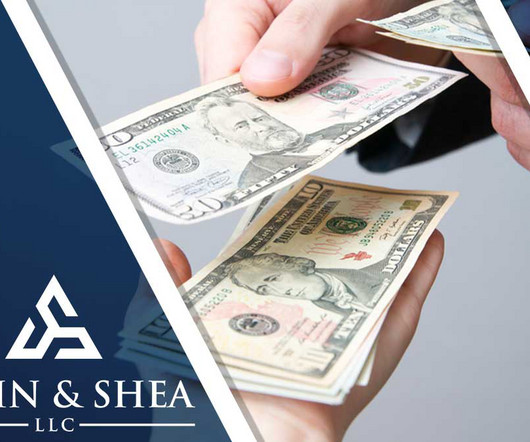
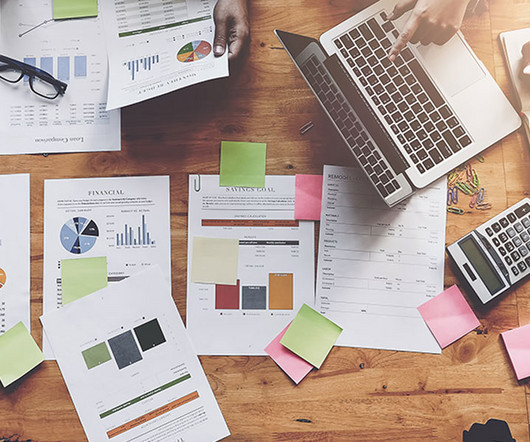
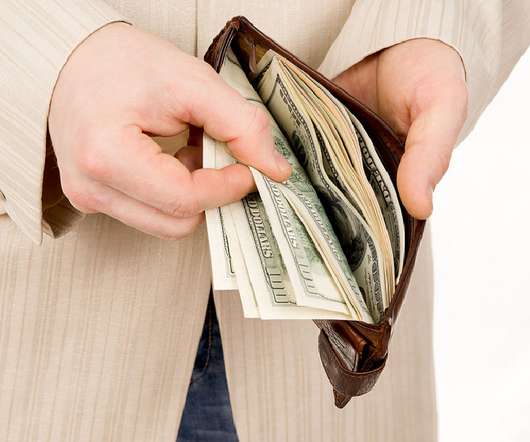
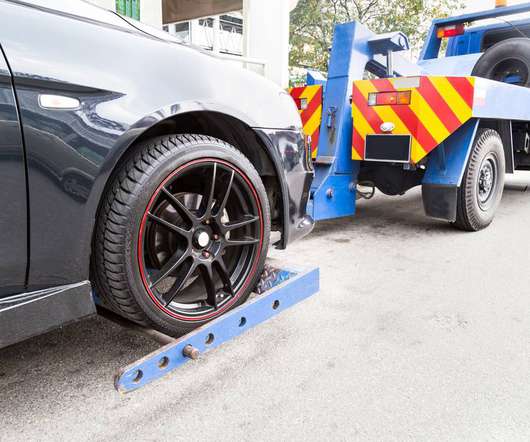
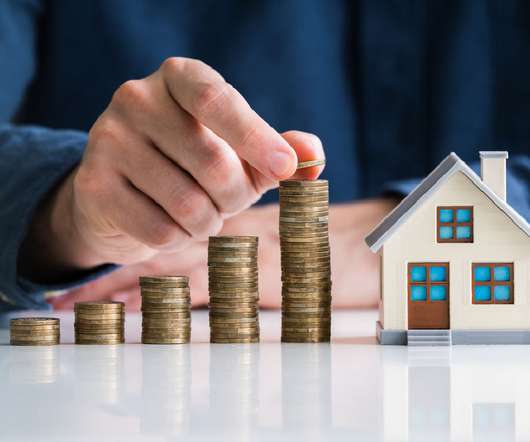


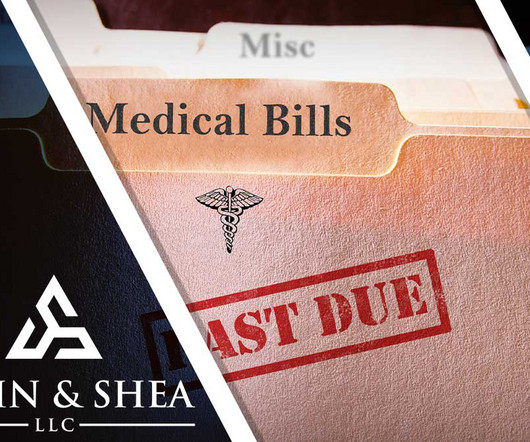











Let's personalize your content